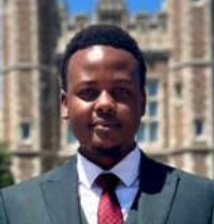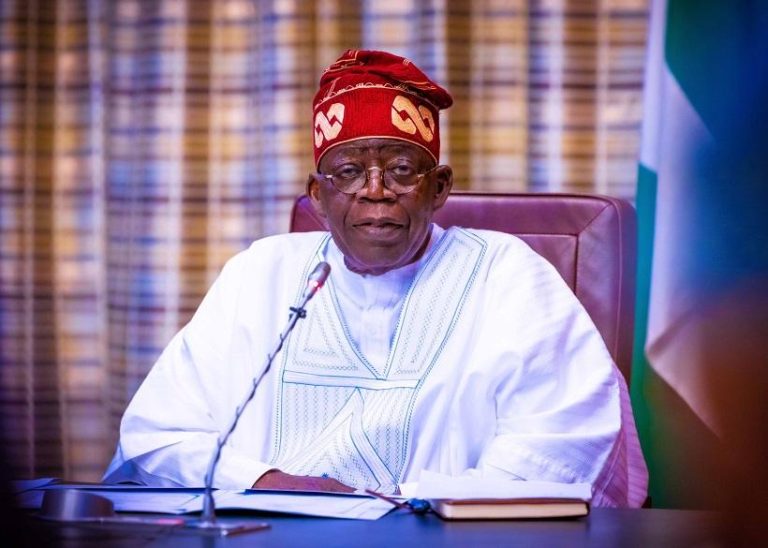
Screenshot

I write from a relatively short but diverse view of political oppression. I have had 11 of my 31 years to mature into the realisation of attributes that explicitly serve the greater good.
I must say, like all things innate, the sustainability of humanity comes naturally except to the devil. The National Resistance Movement (NRM) is an entity that has established numerous self-preserving internal institutions.
These institutions may appear to serve the party’s superficial goals, but in reality, they perpetuate an egocentric interest that involves a cumulative and evident abuse of power to rape the constitution.
Ironically, the NRM government insists that its mission is to “Protect the gains achieved.” A narcissistic mission nourished by a cognitive dissonance of the people who benefit from the rot.
Education as a tool of control
NRM launched Universal Primary and Universal Secondary Education (UPE and USE), with the promise of liberation through learning. Every child would go to school, free of charge. Classrooms filled overnight; enrolment surged.
Yet nearly three decades later, the results are sobering: more than eight out of ten children leave primary school unable to read with comprehension. Schools are standing, but skills are not.
This failure is not an accident. It reflects deliberate political choices to expand accessibility but starve quality (A clear outcome is the low quality of regime apologists across your social media platforms).
Uganda’s budget priorities reveal much. According to UNICEF’s 2025/26 Education Budget Brief, education’s share of the national budget once hovered near 10 per cent in 2017/18. Today, it has shrunk to barely 6.6–7 per cent—well below international benchmarks.
By contrast, spending on public works and security has consistently taken larger shares. At the school level, the picture is even starker. The so-called “capitation grants,” which are supposed to cover textbooks, chalk, and supplies, have been stuck at a pittance – Shs 10,000 to 17,000 per child per year.
The National Planning Authority estimates schools would need at least three times more per child to function properly-as argued by the Auditor General. Yet successive budgets have refused to adjust the grants even for inflation. The result is predictable.
Schools impose hidden fees to survive, despite repeated presidential decrees banning them. In 2021, the Cabinet even scrapped all PTA fees—only to reinstate them weeks later when it became clear that schools would collapse without them.
For ordinary Ugandans, “free education” translates into either low-quality schooling or costly private top-ups.
Centralized Control, Political Directives
Since 2016, policy choices have increasingly come from the State House (read Kaguta and Janet Museveni), not the ministry of Education. This fusion of political family and technical sector has blurred the line between governance and party control.
Presidential directives have defined everything from the abolition of fees in “free” schools to sudden decisions to inequally boost salaries, resulting in repeated teacher strikes, ultimatums from the head of state, and a culture where educators are treated as political subordinates rather than professionals.

Even the curriculum is politicised. The ministry pushed for the implementation of a new curriculum without a feasible plan to transition across the country. Another example, in a 2016 ban on sexuality education, later replaced by a narrow government framework, showed how political calculations trumped pedagogical needs.
The effect is a school system guided more by regime priorities than by the requirements of children. The consequences are clear. Poor education fuels poor livelihoods. Uganda’s poverty rate still hovers around 21%, rising after the COVID-19 pandemic. Youth unemployment and underemployment remain stubbornly high.
When children leave school without functional skills, they are trapped in informal work, unable to build stable incomes. This dependence has political uses. It makes households reliant on small handouts, election-time favours, or promises of future relief.
In this way, poverty itself becomes a tool of governance. A population struggling to survive is less able to organize, challenge authority, or demand accountability. But not everyone suffers equally. The same political elite that presides over crumbling public schools sends its own children to private academies and international schools.
Kampala now hosts dozens of costly international-curricula institutions. Beyond this, Uganda has become a source country for educational migration: families that can afford it send their children to Kenya, South Africa, the UK, Canada, or the US.
This dual system buffers the ruling class. Their children are insulated from the failures of public schooling, while the masses are kept within it. Every shilling a middle-class family spends on foreign education is also capital flight—money drained from a system that could have been reformed at home.
The Element of “Peace”
It all comes down to unchecked, lifelong incumbency. Security has consumed the largest shares of Uganda’s budget, surpassing education and health combined.
On the surface, this investment seems to have paid off: unlike Congo or South Sudan, Uganda has avoided nationwide civil and externally funded wars. But the “peace” Ugandans live under is a shady construct.
Security spending has gone less into citizen protection than regime protection: building up military and intelligence networks loyal to the ruling party, while schools and hospitals are left to collapse.
Stability has been enforced by coercion, not by solving the poverty and inequality that fuel unrest. The consequences are chilling. Going backwards, on October 1, 2025, Kenyan nationals Bob Njagi and Nicholas Oyoo were abducted in Kampala, allegedly by security operatives. Weeks later, their fate remains unknown.
Families like that of Sam Nsubuga—a father whose disappearance left children out of school and an elderly mother destitute—live daily with the cruelty of such operations. Opposition leaders are targeted in similar ways: Dr Kizza Besigye cycles through endless arrests and legal battles, while National Unity Platform (NUP) activists are singled out for intimidation.
Even Gen. Muhoozi Kainerugaba, the president’s son, has been linked to crackdowns that blur the line between national defense, political policing, and HUMAN RIGHTS VIOLATIONS!
This is not citizen security; it is regime security. What looks like stability from afar is, for Ugandans, an atmosphere of fear. Guns are always funded, while books and medicines are not. It is a peace that sustains oppression but disempowers citizens.
Conclusion
Taken together, the pattern is unmistakable: under the NRM, public services are built for visibility, not capability. Schools exist but deliver little learning; health centres are paraded but offer weak care; poverty reduction is marginal, sustaining dependence; and stability, though real, comes at the cost of freedoms and social investment.
Ugandans do not need charity from their government — they need systems that work. Corruption, poverty, poor education, and repression should never serve as instruments of rule. Forty years on, it is clear these are deliberate tools of control. As another election season approaches, Ugandans must ask themselves: Is peace without progress truly peace at all?
The writer is a Ugandan medical doctor and public health scientist based in St. Louis, USA.


